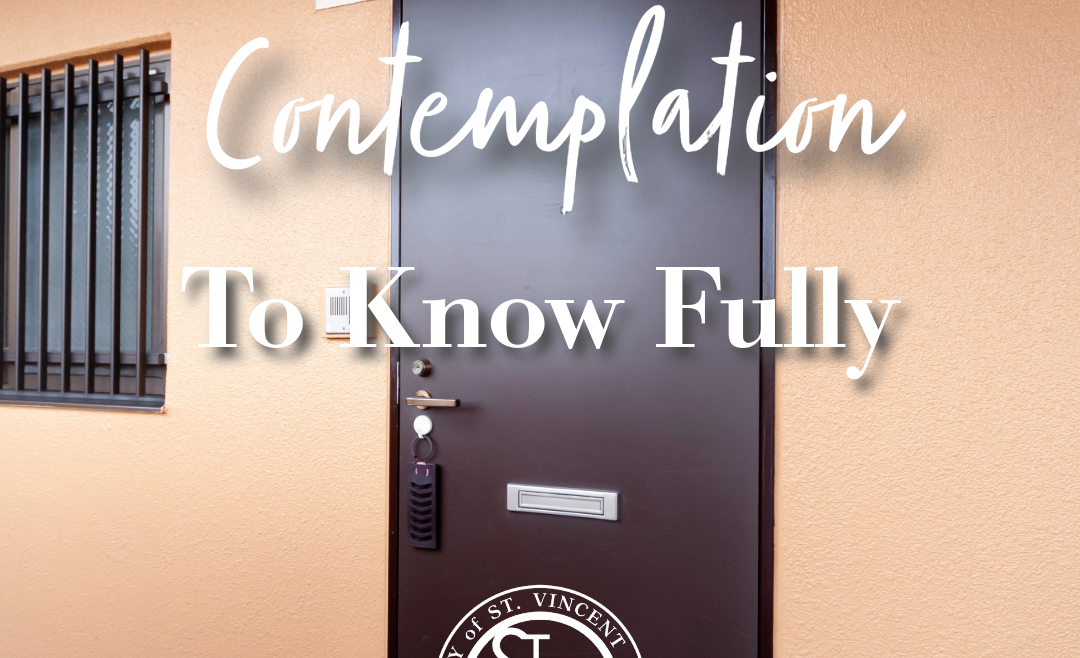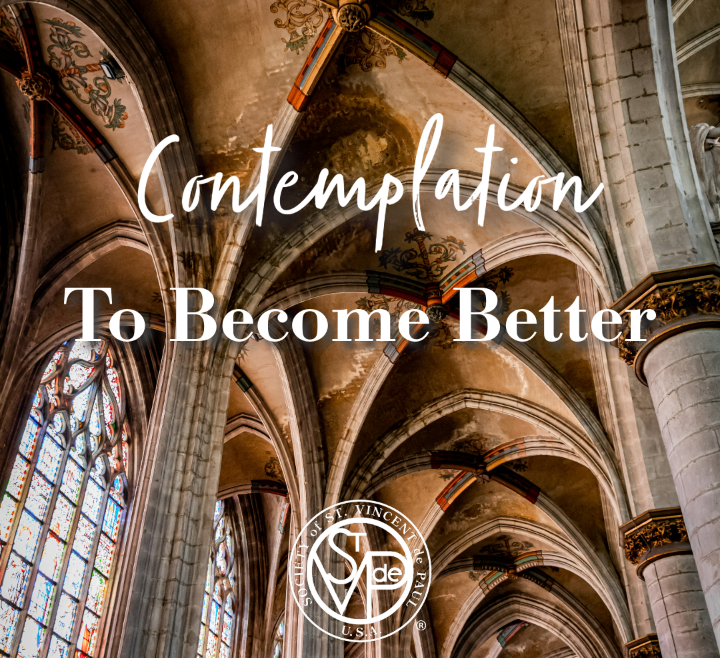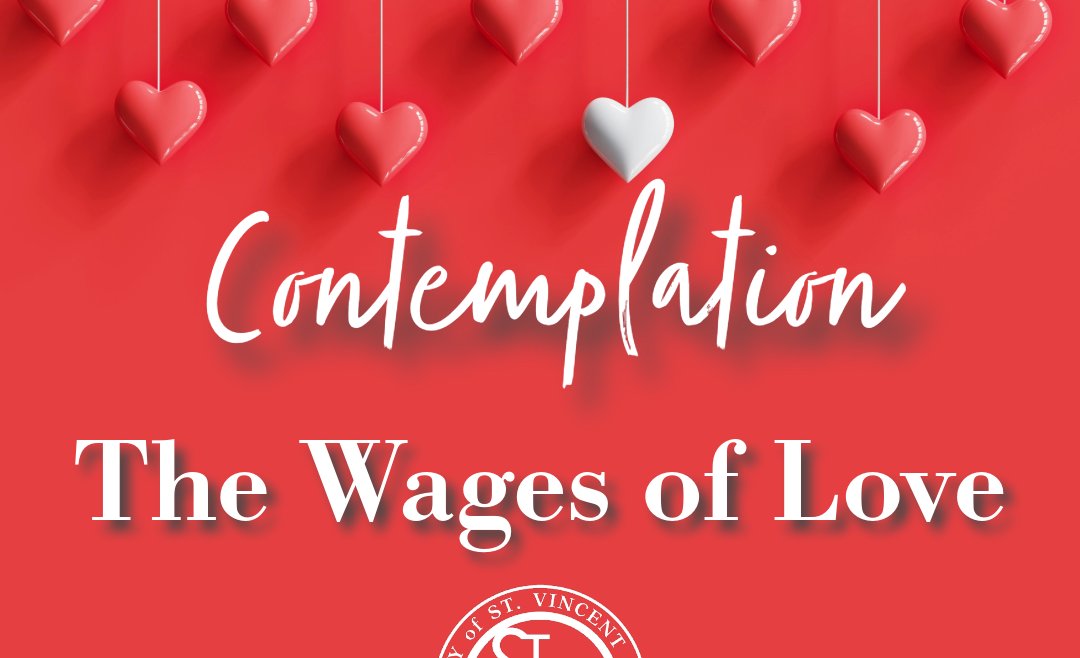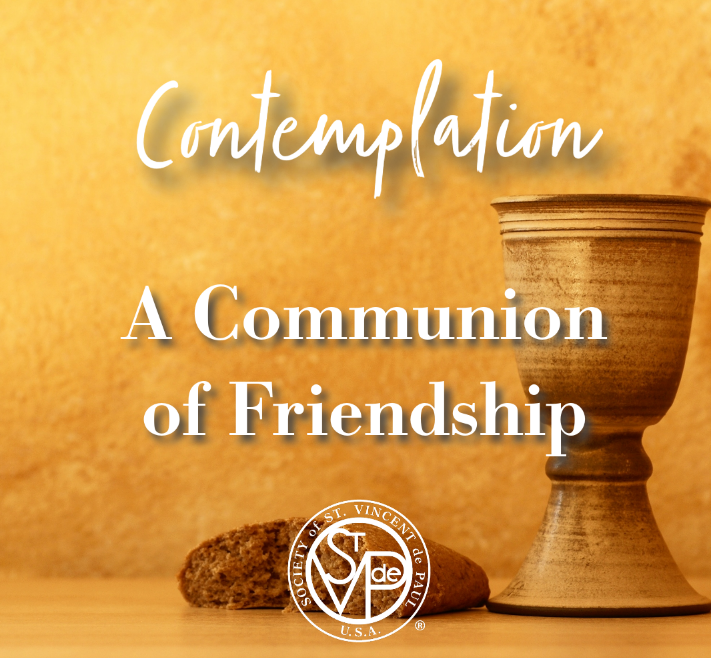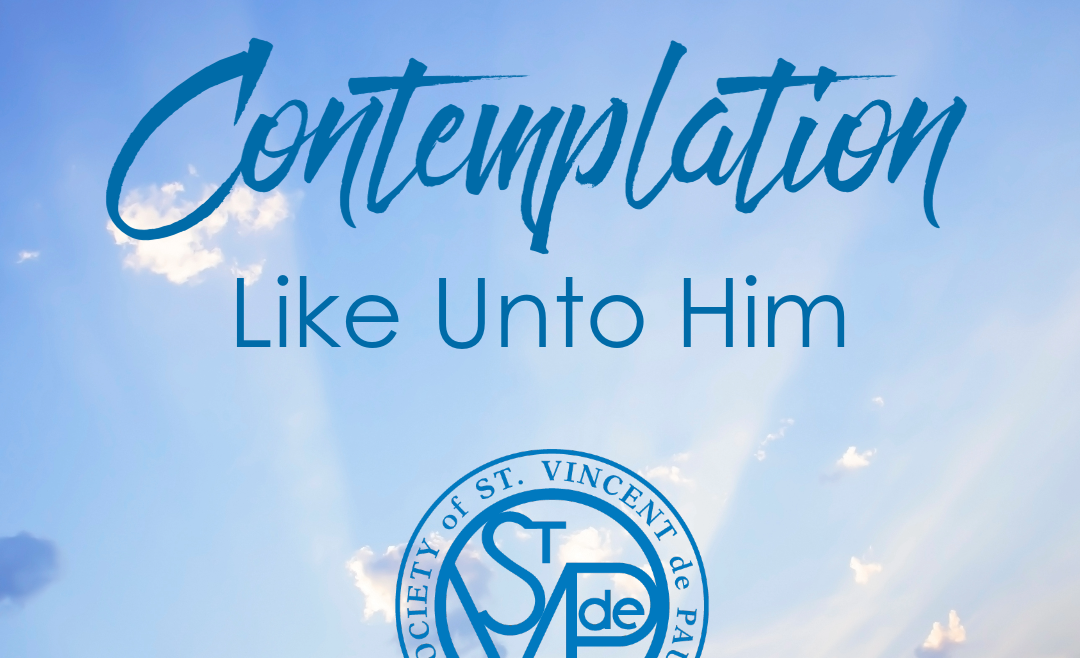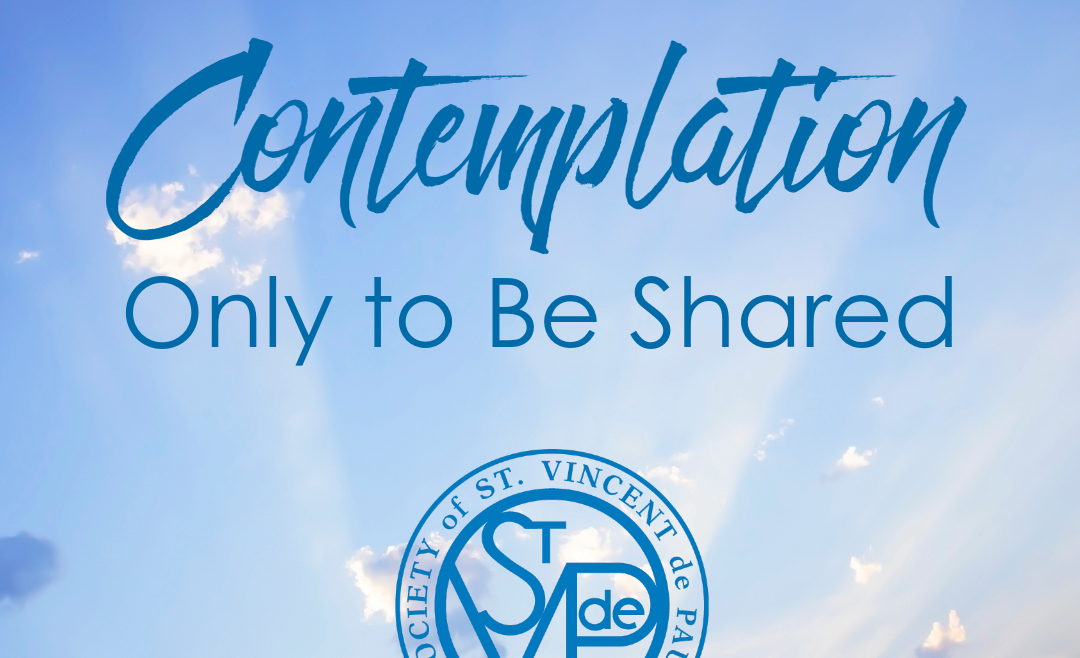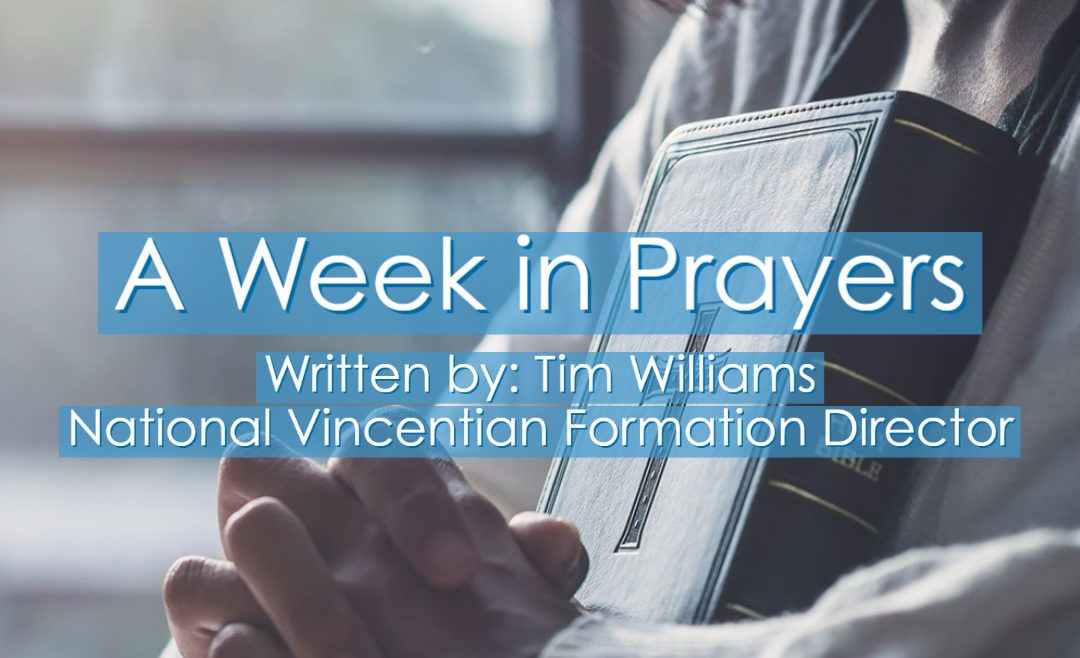In his 1978 book, God and the Astronomers, astrophysicist Robert Jastrow concludes that the astronomers, following science alone to scale the mountain of ignorance, would, when reaching the truth at its peak, be “greeted by a band of theologians who have been sitting there for centuries.” This metaphor captures a truth at the heart of our vocation, since the founders were challenged by those who scoffed at the church’s role in the “modern world.” Then, as now, the truth we serve is much deeper and more permanent than the temporary circumstances of the times in which we live.
In Frédéric’s time, many philanthropic associations formed whose goal was to get material resources out to as many people as possible, using every modern efficiency of the day. As Frédéric observed, after “only a year in existence … they already have large volumes of resumés.” [Letter 90, to Curnier, 1835] He went on to contrast those works with what he’d been challenged to show: the true good of the church.
The Society’s purpose is not service delivery, but charity — love. Our success is not measured by the quantity of dollars or food we may distribute, but by the quality of the relationships we form. In the recent pandemic, we were forced to make do with alternate forms of contact, rather than home visits. While being grateful for the ability to continue to serve, we quickly saw they were only “half a loaf.”
In 1834, Blessed Frédéric explained that “at-home assistance is one of the best rendered charities and one that produces the best results”, especially, he continued, “in these times when help is generally dispensed with such culpable indifference.” [Doc. 1457, report on works, 1834] As Pope Francis explains, we set aside our own wishes and desires in serving the vulnerable. “Service always looks to their faces, touches their flesh, senses their closeness and even, in some cases, ‘suffers’ that closeness and tries to help them. Service is never ideological, for we do not serve ideas, we serve people.” [Fratelli Tutti, 115]
It’s a well-known axiom that most human communications are non-verbal. We pick up cues such as social context and body language from other people even when we are not aware of them consciously. There really is no substitute. The Apostle Paul even explains arriving at holiness and understanding by contrasting an image in a mirror with seeing face to face, when he will “know fully, as I am fully known.”
Recent psychological research has compared the effects of remote and face-to-face communication. Their conclusion has been that relationships and communication are not only better formed face to face (“fully known” you might say), but that face-to-face meeting is even associated with better mental health. If only today’s researchers had consulted Frédéric Ozanam first. Not to worry – when they reach the mountaintop, he will be waiting for them there…in person.
Contemplate
Do I truly stop to see and to know the neighbor in front of me?
Recommended Reading
Mystic of Charity, especially “Home Visits in the Vincentian Tradition”

